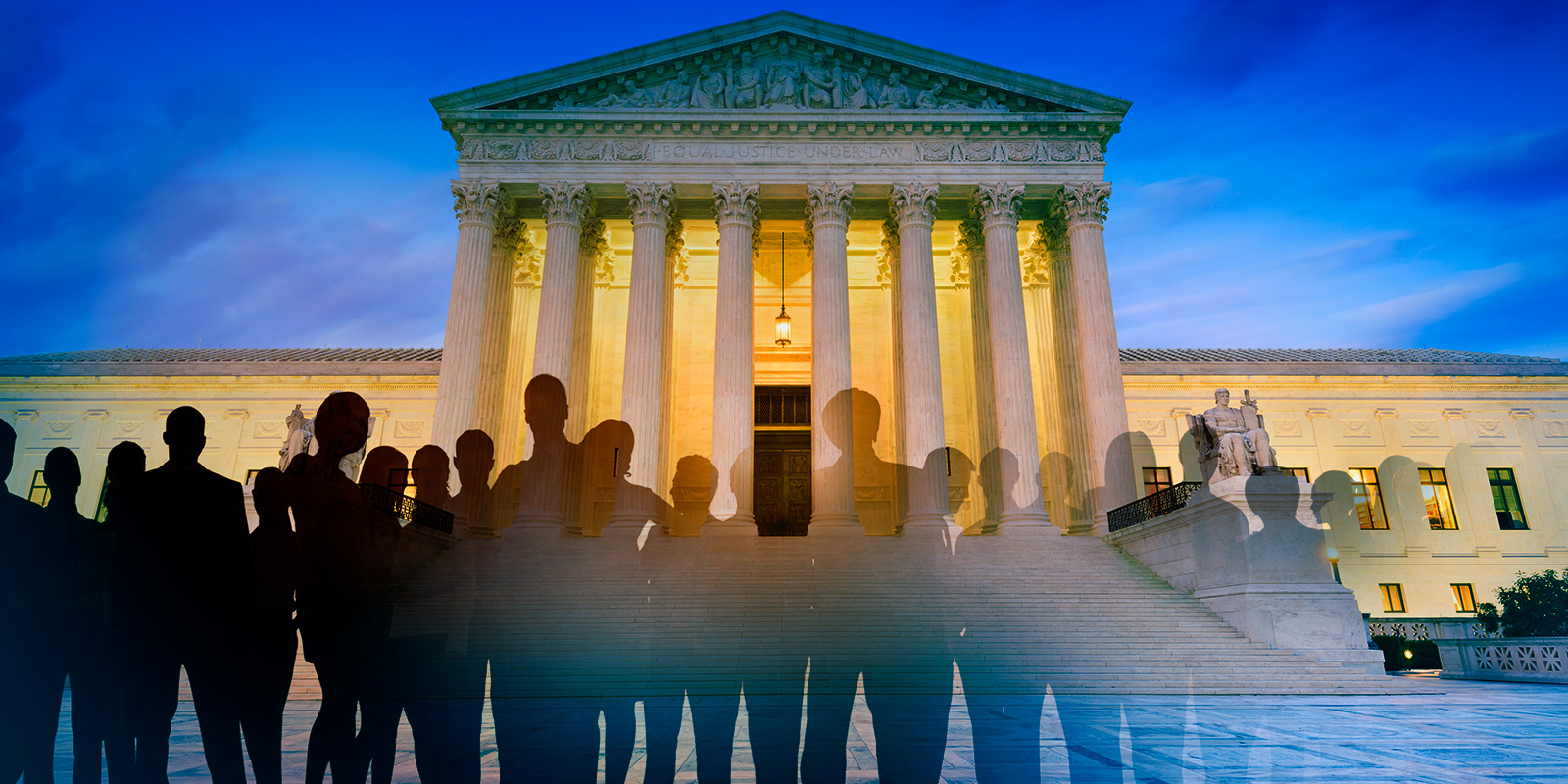meaner gene
Diamond Member
- Feb 11, 2017
- 23,762
- 20,819
- 2,290
The Supreme Court rules for a designer who doesn't want to make wedding websites for gay couples
The Supreme Court’s conservative majority ruled a Christian graphic artist who wants to design wedding websites can refuse to work with gay couples, a setback for LGBTQ+ people and another win for religious plaintiffs.
the Supreme Court’s conservative majority ruled on Friday that a Christian graphic artist who wants to design wedding websites can refuse to work with same-sex couples.
The court ruled 6-3 for designer Lorie Smith, saying that she can refuse to design websites for same-sex weddings despite a Colorado law that bars discrimination based on sexual orientation, race, gender and other characteristics. The court said forcing her to create the websites would violate her free speech rights under the Constitution’s First Amendment.
Smith, who owns a Colorado design business called 303 Creative, does not currently create wedding websites. She has said that she wants to but that her Christian faith would prevent her from creating websites celebrating same-sex marriages. And that’s where she ran into conflict with state law.
Previously the supreme court required actual injury, not potential future injury in order to have standing before a federal court.

Supreme Court Narrows Article III Standing
SCOTUS held that plaintiffs lack Article III standing to seek damages unless they can can show real-world injury.
Supreme Court Narrows Article III Standing in Damages Actions
On June 25, 2021, the U.S. Supreme Court decided TransUnion LLC v. Ramirez, 20-297, vacating a class-action judgment and holding that plaintiffs lack Article III standing to seek damages for a private defendant's statutory violations unless plaintiffs can show an actual—and not merely potential—real-world injury.
USMB original content requirement:
The recent case gave standing to someone who suffered no actual real world harm. Yet the court
previously required real world harm in order to have standing. Is this why people have lost confidence in the supreme court to actually follow the constitution.
